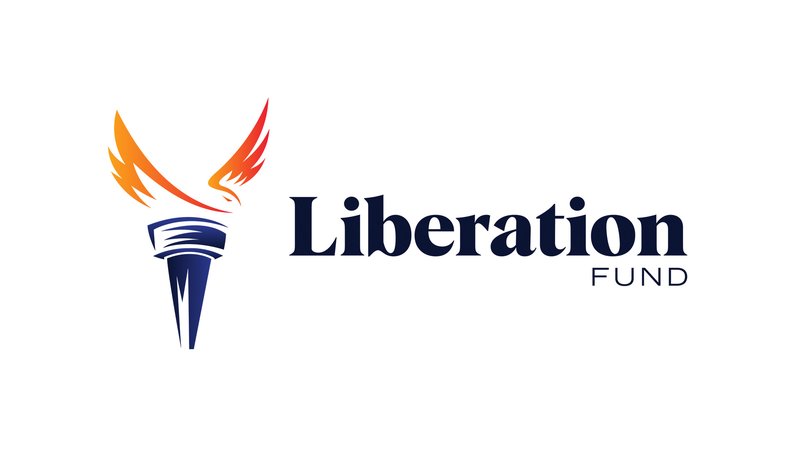Building Power for Youth Justice and Youth Development in Los Angeles
By Lisa Small, Senior Director of Youth & Transformative Justice
Return to NewsletterSince launching our youth justice work in 2017, Liberty Hill has remained grounded in systems change, which has meant focusing on shifting resources, policies, and narratives to create lasting alternatives to incarceration. Our approach combines capacity building, grantmaking, and bridging connections among donors, funders, and grassroots leaders to dismantle inequities and invest in the power of communities most impacted by injustice.
Earlier this summer, Liberty Hill convened a site visit at the Young Women’s Freedom Center (YWFC), where Liberty Hill’s individual donors and philanthropic partners came together to deepen their understanding of youth justice and youth development in Los Angeles. The purpose of the visit was twofold: first, to help funders and community allies align their strategies in the campaign to make Los Angeles County the nation’s largest investor in youth development; and second, to talk about policy developments, including California’s SB 357, which has the potential to grant the LA County Board of Supervisors greater authority to delegate youth justice and youth development responsibilities to the Department of Youth Development (DYD).
The conversations at YWFC highlighted how philanthropy can play a pivotal role in shifting the dominant narrative—from Los Angeles being seen as the nation’s largest punishment system for youth, to becoming a model for community-centered, care-first investments. Donors and funders heard directly from community and youth leaders about the transformative impact of alternatives to incarceration, as well as the importance of sustained, flexible funding to build grassroots capacity and leadership.
This work is unfolding alongside a critical challenge related to Measure J, the landmark initiative passed by voters in 2020 that requires a minimum of 10% of locally generated unrestricted county funds to be invested in community programs addressing racial injustice. Due to an administrative error by a previous County Executive Officer, Measure J was never codified into the County Charter. As a result, when voters later passed Measure G, it effectively repealed Measure J starting in December 2028.
Liberty Hill and our community partners are now working urgently to convene donors, funders, and grassroots leaders to ensure Measure J is restored to the County Charter. Without this fix, Los Angeles risks losing one of its most significant and hard-fought tools for advancing racial justice and reinvesting in community-driven solutions.
For philanthropic staff, these developments are a clear call to action.

